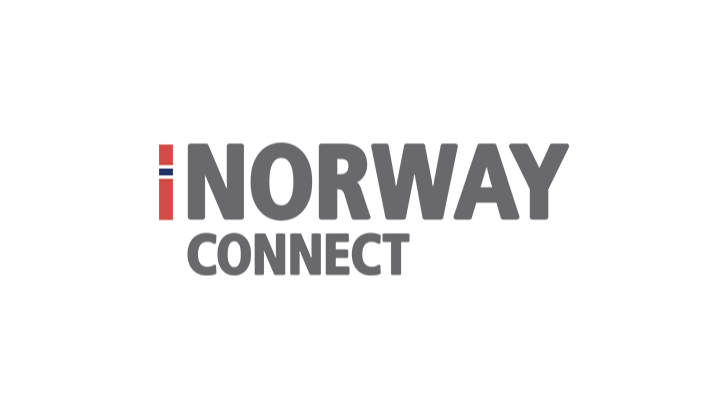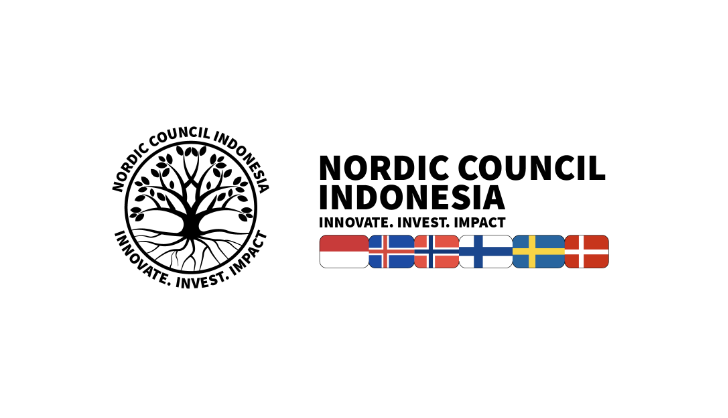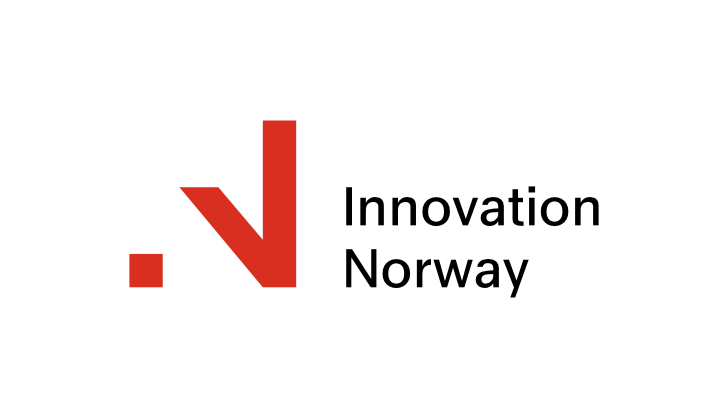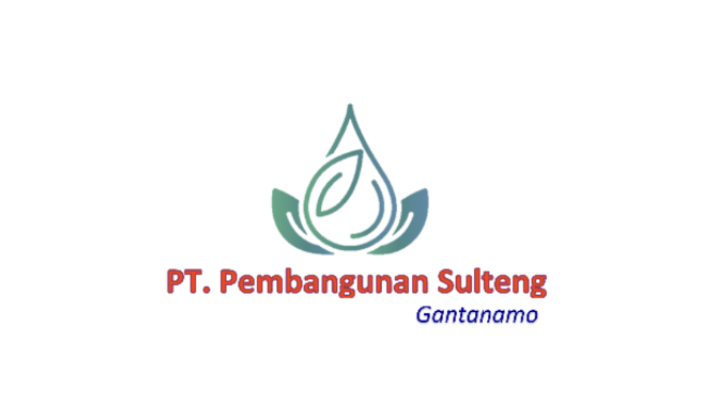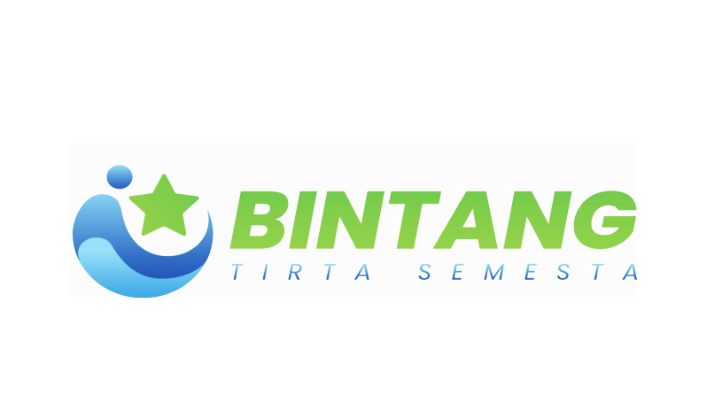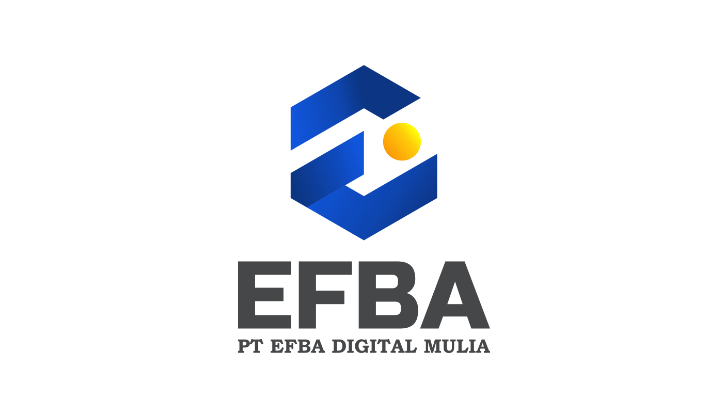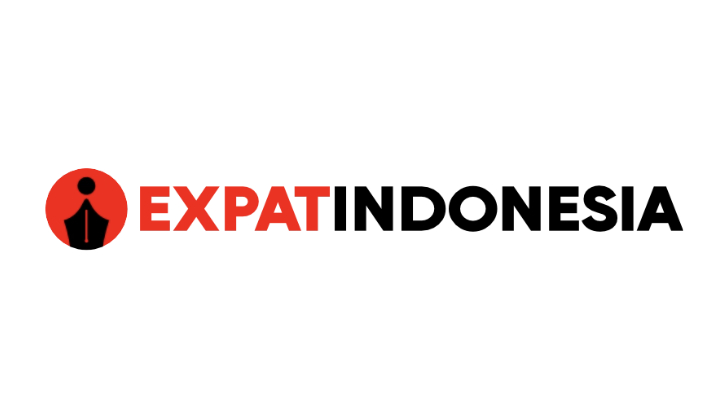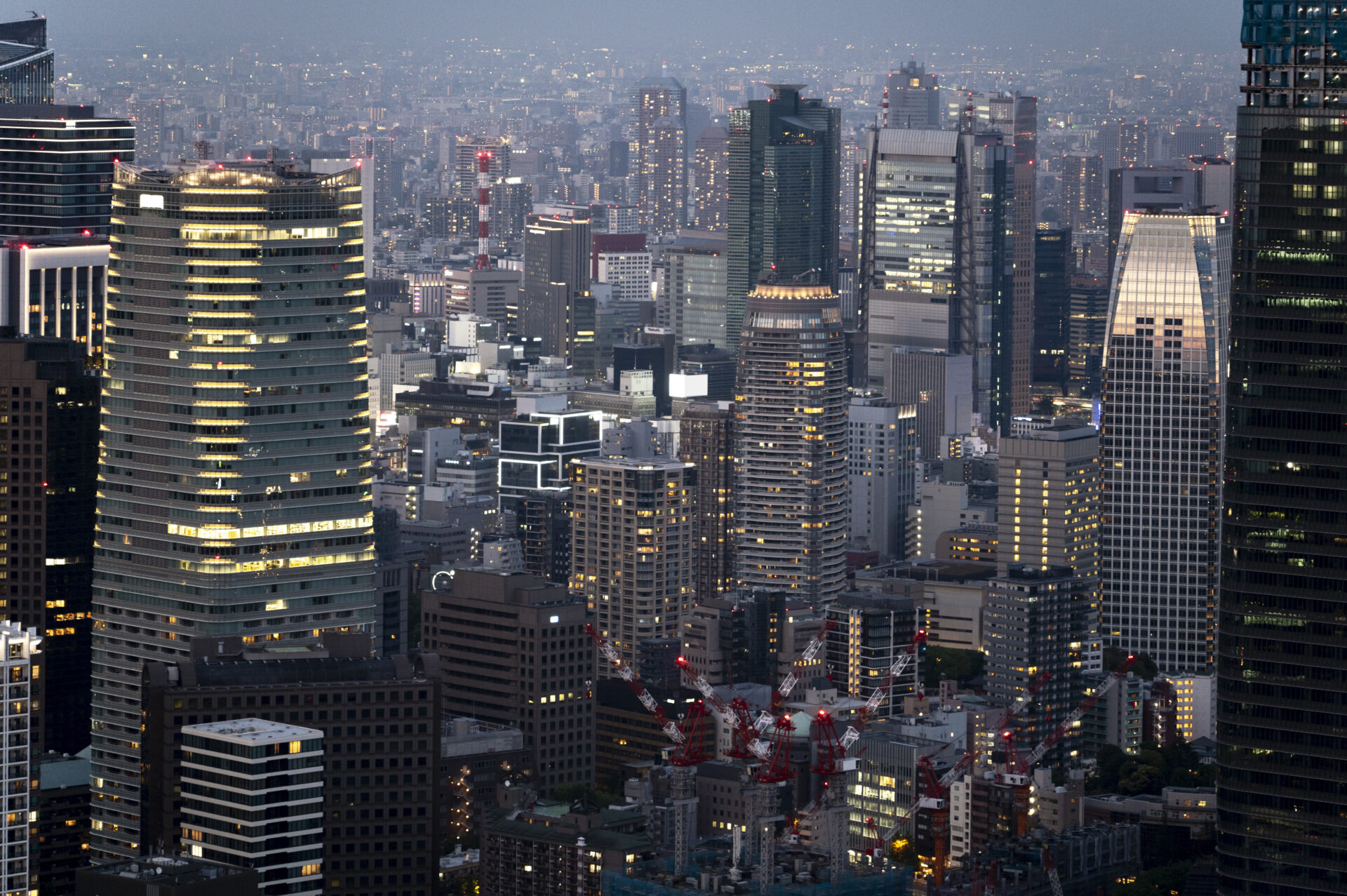
Indonesia is an emerging economy gaining momentum fast. Today it is the worlds 7th largest economy and will soon be the 4th largest in the world. Indonesia presents substantial opportunities for foreigners to do business over a wide range of opportunities. For a foreigner or foreign entity to be able to legally run a business in Indonesia you need to set up what is called “Perseroan Terbatas Penanaman Modal Asing” or short PT PMA. It’s similar to a PTY LTD. A set up with a PT PMA allows you to legally operate and generate revenue in Indonesia.
There is no discrimination between a foreign owned company in Indonesia or a domestic owned one. They have the same rights and responsibilities. This includes rights to participate in tenders for various projects, purchase land and property, as well as allowing shareholders visa’s to Indonesia including being allowed to work. The PT PMA may also hire foreigners in various positions as per its needs.
How is a PT PMA defined under Indonesian law?
All foreign owned companies set up in Indonesia will be defined as PT PMA, which as mentioned above is a limited liability company with foreign direct investment.
A company under Indonesian law is defined as a PT PMA if a foreign national or foreign entity holds any shares. Regardless of the percentage of share being 100% owned, 51% owned or even just 1% owned.
Due to past regulations such as the “negative investment act”, and other policies it’s common to believe that you must have a local partner (or that this is beneficial) to set up a company. This is not true, and while Indonesian government of course encourage partnership most businesses under the now “positive investment act” can in fact be 100% foreign owned and managed.
What are the immediate benefits of setting up a foreign owned company, PT PMA?
Once you have completed the full set up and registration of the company you and operate your choice of business immediately and conduct any business activities related to your scope of chosen business.
- You can purchase and own assets, including property on behalf of your company.
- You can register your trademark, as well as products such as food, Tech, IT, machinery, equipment, cosmetics, medical etc.
- If your industry need additional licensees such as food or medical registration and approval, or import/export licensee, this can now be obtained.
- Prepare to scale your business hiring both foreigners and locals, open office locations and other operational aspects.
- Apply for (if any) stay permits and work permits for foreign shareholders and employees in the company.
What are the limitations for a foreign owned company in Indonesia?
Recent years Indonesia has really eased up their somewhat complicated regulatory system, and as of March the 5th2021 most business classifications is open to 100% foreign ownership. This is commonly known as “the positive investment act” and comes as a result of the “Omnibus law” being passed 2020.
Out of Indonesia’s many various business classifications only 45 of them now maintain a partial limitation of foreigners ownership. And portion of shares held depends on the business classification.
58 business classifications remains fully closed to foreigners and these business classifications is aimed to be reserved for SMEs being a mayor part of Indonesia’s economy. Some of these are:
- Retails that is not online or in online stores.
- Small scale construction companies.
- Services such as hairdresser, beauty salons, laundry business etc.
- Smaller accommodation services guest houses and 1 star resorts.
- Business classifications under national protection such as alcohol.
What are the requirements to set up a foreign owned company in Indonesia, a PT PMA?
Indonesia operates with 3 different levels or sizes of companies being determined by their size of capital being small, medium and large. For foreigners one is only allowed to set up and hold shares in a large entity. A large entity for foreigners is required to have 10 billion rupiah in paid up capital.
To start the process shareholders sign a capital statement letter saying that the shareholders have sufficient funds for the capital requirement.
How to structure a set of a foreigner owned company in Indonesia?
1. Shareholders
All limited liability companies in Indonesia must have a minimum of two shareholders. They may be both individuals or companies or a combination of both. Composition of shares is irrelevant.
2. Directors and commissioners
Each company must have at least one director appointed (it may have more) as well as one commissioner(it may have more). The commissioner(s) technically is meant to oversee and supervise the work done by the director(s). A commissioner can be a non residence.
The director(s) are the once running any and all activity of the company and are also legally liable for the company to be in compliance with Indonesian law and regulations. The director(s) also must be tax residence to Indonesia and have personal tax ID known as NPWP.
A shareholder may also hold either a commissioner role or a directors role. A shareholder being a director can hold this role through what is known as an investor kitas (stay permit)(minimum 10%. While if the director is a foreigner not being a shareholder may apply for a working permit (kitas) as a director.
3. Location and office of business
Indonesia consist of provinces and regencies and is fairly decentralized in terms of many regulations and decisions. Due to this you will need to have an office location prior to applying for set up. And only certain zoning areas will qualify for a PT PMA set up.
The requirements may be somewhat different from each area how ever in most areas it must be registered with in a building having a build permit, and other relevant permits.
Many companies, including us offer what is commonly know as “virtual address”. In real terms there is no such thing, you must have an office and in offers like this your office is located with in the premises of the virtual office provider. There is a set of regulations that the office must comply with and have to be able to do this. Benefits of this is you have no concerns for zoning nor building permits or other permits. As well as registration process may be faster. Some companies offering virtual office also offer other services and may act as first point of contact towards various government institutions. It also helps you to significantly reduce your overall set up cost.
Setting up a company in Indonesia. How is it done?
Since 2018 Indonesia have started to centralize and ease up on how to set up any company. This system is commonly known as OSS or Online single submission system. In the past setting up a company could take several months. Today it’s possible to actually do in a day but we do tend to say 1-2 weeks in order for it all to be in order.
PT PMA registration step by step
1. Deed of establishment
There are several aspects that needs to be considered, in particular the business classification or KBLI as its know for in Indonesia. The classification may determine later required permit needs to fully operate the business. The deed then need to be ratified by ministry of law once its all set.
2. Registration of tax ID
Once the company has been established you need to apply for and register for a corporate tax ID (NPWP). Once your tax ID is issued you need to follow up and be in compliance with tax regulations and reports as well as payments on a monthly basis.
3. Final Identification Number (NIB)
All above then gets uploaded to what is called OSS or Online Single Submission system. Once this is completed and verified you will receive what is know as NIB or Number to operate. This numbers is a unique number of identification for your company profile in Indonesia. It’s also necessary to use this number for any further applications and compliance. If you need additional licensees such as import/export, customs clearance and so on. In the near future the NIB and tax ID will become one. NIB also gets you set up with the compulsory health insurance and pension fund known as BPJS. Once you have employees they also need to be registered with BPJS regardless of them being foreigners or domestic.
4. Commercial licenses, operational licenses and other licensees.
Indonesian business risk is divided into 4 different levels of risk. Low, medium low, medium and high. The higher the risk the more you have need for specific permits. For businesses such as real estate investment or general consultants there which is low risk the operational licensee is issued normally on the same day as NIB. How ever if your business have a higher risk level and need for specific permits which often involves physical inspections from various departments the issuance of operational permits may take a bit longer. So also for financial business and investments including fintech.
Once your business has its permits in order and usually after the NIB you may proceed with opening Bank accounts on behalf of the company.
Last some companies like ours also may be able to provide an accelerated service depending on the type of business your in.
If you need to set up a PT PMA in any business please reach out for a free consultation with one of our specialists.




